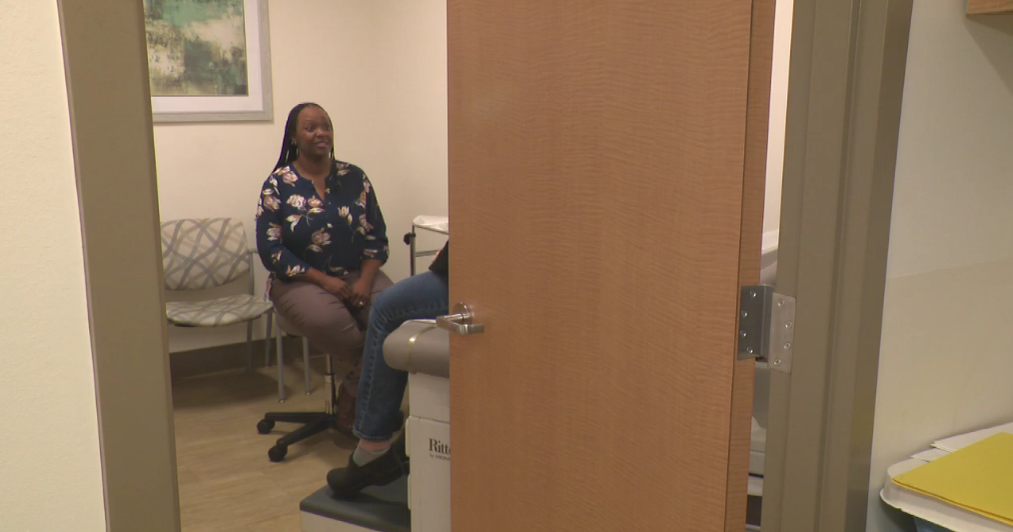Personal finance tops 2025 New Year's resolutions. Here's how to make it stick.
Usually health and fitness top most peoples' New Year's resolutions – but for 2025 money and how to better manage is also a top priority for a lot of people.
That's according to a survey shared by the Certified Financial Planner Board of Standards. The survey found that 45% of respondents said they wanted to save more money, while 32% said their goal was to reduce debt. Exercising more fell between those two responses, at 37%.
But often sticking to your goals is easier said than done, which is why several financial experts and advisers recommend you start small and simple to set yourself up for success.
"Slow and steady absolutely wins the race," said Thomas Nitzsche with the non-profit credit counseling agency Money Management International. The best-laid plan, he said, should begin with the basics.
Setting a budget
"Budgeting is the ground floor of it all, you can't have a plan without a budget in place," Nitzsche said. "Most people we work with haven't created a budget or haven't done one in a very long time, and they don't have a firm grasp on what's coming in, what's going out, and where they can plug some of those gaps."
After three years of inflation, any pay increases you might have experienced likely haven't caught up to your monthly expenses, warns Greg McBride, chief financial analyst at Bankrate.
"Make that monthly budget for 2025 and resolve to track your spending against it throughout the year," he said.
Track your expenses
You won't get far, Nitzsche explains, if you don't keep track of how you're spending throughout the year. How you do that is up to you – whether it's old-fashioned pen and paper, an Excel spreadsheet, or an app.
"Everybody's different," he said. "It really doesn't matter how you do it, it's just that you're doing it."
He recommends committing yourself to detailed tracking for at least a few months until you feel better about your spending in general and then you might opt to do it less frequently. For example, you might find you're paying for several unwanted subscriptions you didn't know you had, Nitzsche said.
McBride also cautions you may need to make adjustments during the year as certain expenses increase, requiring cutting back in other areas.
"Calibrate your spending with your income, and any month you spend less than budgeted, transfer the difference into your savings account, ideally a high-yield savings account," he said.
NerdWallet offers a free app lets you track your cash flow. Empower Personal Dashboard is also a free app with features to help you track your spending, according to NerdWallet.
Other tips
When it comes to tackling your credit card debt and high interest rates, you have more power than you realize, according to Nitzsche.
"Most creditors will work with you to reduce interest rates," he said. "That's just really important to make sure that the payments you're making is as much as possible, and going to principal rather than interest so you're able to make some progress on it."
Lending Tree found the majority of people who simply picked up the phone to ask for a lower rate got it, cutting it by an average of six points.
According to Matt Schulz, chief credit analyst at LendingTree, a 0% balance transfer credit card is also "a good weapon" in the fight against high card APRs, or annual percentage rates.
Ultimately, Nitzsche says to take things slow and keep in mind setbacks along the way don't have to spell defeat.
"Especially after a prolonged period of inflation and high cost of living," he said. "I think it's just important to understand that you're not alone."
Experts also warn to beware of scams when seeking relief options. Scammers use urgency to trick people, so taking your time to make any financial decision can help protect you from losing money. CBS News Philadelphia previously warned that agencies charging upfront fees before offering services, employing pushy sales tactics, or promising big claims that guarantee to eliminate your debts could signal a scam.
The Associated Press' Cora Lewis and Adriana Morga contributed to this report







